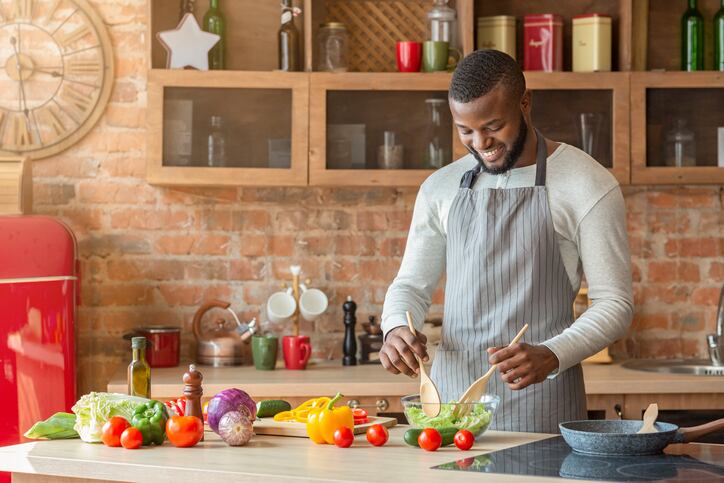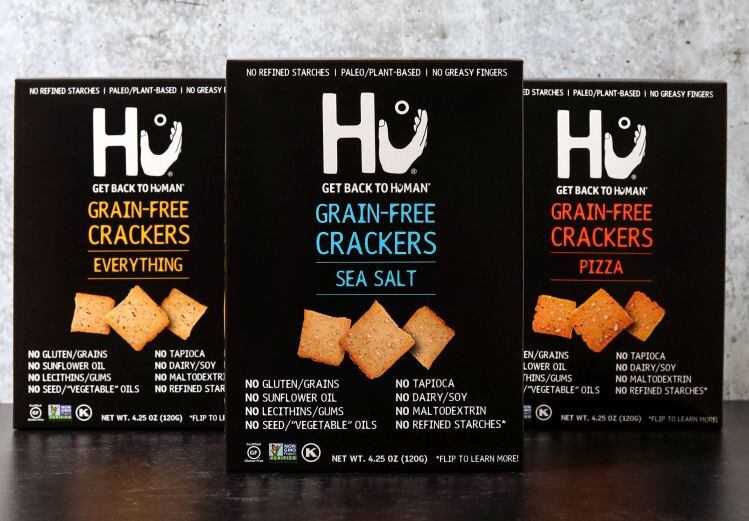After the company announced last Thursday during a call with analysts about its fourth quarter and full year earnings for 2020 that it was confidently restoring its sales growth target of 3-5%, which it pulled in April due to pandemic-related uncertainty, investors fell back – causing the company’ shares to fall 4% overnight.
During the call, Unilever CEO Alan Jope acknowledged the potential for disappointment, noting that the company is not where he wants it to be and its top line growth is not as strong as he would like. Still, he said, 2020 was “far from business as usual,” with “incredible volatility and uncertainty” that he predicts will continue in 2021. Despite, this uncertainty, he touted the company’s victories as a strong foundation from which to build future growth in the coming years.
For example, he noted with pleasure that Unilever is “now decisively back to more than 50% of our business winning value share on a moving annual total basis, and actually over 60% of the business winning in the fourth quarter with volume shares indicating over 70% gaining share.”
This, he said, “is a clear step change in our competitiveness from only a year ago,” and marks a new direction in which the company will continue to head by pursuing five strategies, including reshaping the company’s portfolio to focus on high growth spaces, leveraging its brands as a force for good, accelerating penetration and growth in the US, India and China, leading in ecommerce and investing in employees for future growth.
Reshaping a portfolio focused on high-growth
The first prong in the plan is to concentrate on high-growth categories that will position the company for faster growth, Jope said.
“The places where we choose to deploy our capital will be guided by these clear investment criteria: Are the spaces we’re focusing on a sufficient size? Are they intrinsically higher growth? Do they have strong potential in the growth markets of the future? Can we see a route to market leadership? And finally, are they in product categories that are sensitive to Unilever’s marketing and technology know-how?” he said.
Based on these criteria, Jope said that Unilever will invest in functional nutrition and plant-based food, in addition to hygiene, home care and personal beauty care.
With regard to functional nutrition, Jope said the company already has made strong investments in the space in recent years with investments in supplement brands OLLY and Liquid I.V. and the acquisition of Horlicks, which has put the business on course to reach well over €1b in 2021.
Jope also reiterated the company’s plan to exit the tea and spreads categories, which fall out of its new focus. Although, the company is still invested in scratch cooking and ice cream.
Win with brands as a force for good
The second prong in Unilever’s growth plan is to drive growth by emphasizing the role of its brands as a power for good.
“Faced with a huge social and environmental crisis in he world, we know that sustainability matters more to young people than ever before and that young people, in particular, feel strongly that it’s time for businesses and brands to show more responsibility,” Jope said.
The company is delivering on these values through its Clean Futures pledge to ensure 100% of its plastic packaging is reusable, recyclable or compostable, and by contributing to a more socially inclusive world through campaigns such as Ben & Jerry’s campaign for racial justice and refugee’s rights and Unilever’s broader #unstereotype campaign to break gender stereotypes and advertising, Jope said.
He also said the company will step up its investment in R&D and innovation for good in the next three years with the recently opened foods innovation center in Wageningen, Netherlands.
Accelerate in the US
Unilever also plans to drive growth by accelerating its brand and category positions in regions where it sees significant potential, including the US, China and India.
“Together these countries alone represent nearly 35% of our turnover today. They’re forecast to account for 60% of global economic growth by 2030 and so this is certainly an imperative for us,” Jope said.
Lead in ecommerce
Unilever’s fourth strategic focus area is “channels of the future,” including ecommerce, the adoption of which has accelerated during the pandemic.
Notably, the company’s focus will not be solely on B2C ecommerce, but also on B2B ecommerce.
“There are over 14 million small stores in Asia and LatAm alone. We directly cover 5 million of these stores today, and we reach the balance through wholesale or other indirect routes. By the end of 2020, our eB2B program has already reached 1.5 million stores and that number is growing by the month,” Jope said.
“So, to continue to drive that growth,” he explained, “we are ensuring that our innovation and merchandising strategies are very deeply rooted in shopper insights … that bring category value growth through category development and through channel-relevant assortments.”
Building a purpose-led, future-fit organization
The last prong in Unilever’s plan is to build a purpose-led, future-fit organization and growth culture by leveraging technology to allocate resources more quickly, championing diversity and inclusion, educating and “upskilling” employees and reinvest savings in future growth spaces.
With regards to encouraging employees to learn new skills to further grow the business, Unilever saw a 60% uplift last year in its online learning platform to reach 4 million hours of learning -- an average of 30 hours per employee.
In addition, the company has encouraged employees to choose flexible employment models that suit their personal lives an is working to eliminate institutional and unconscious biases that limit employees’ ability to reach their full potential, Jope said.
Reflecting on the five prongs of Unilever’s program, Jope said each is “underpinned by our rediscovered passion and to provide clarity” to business partners and stakeholders about each decision it makes. He also promised investors that they would be “hearing a lot more about them in the weeks, months and years to come.”




